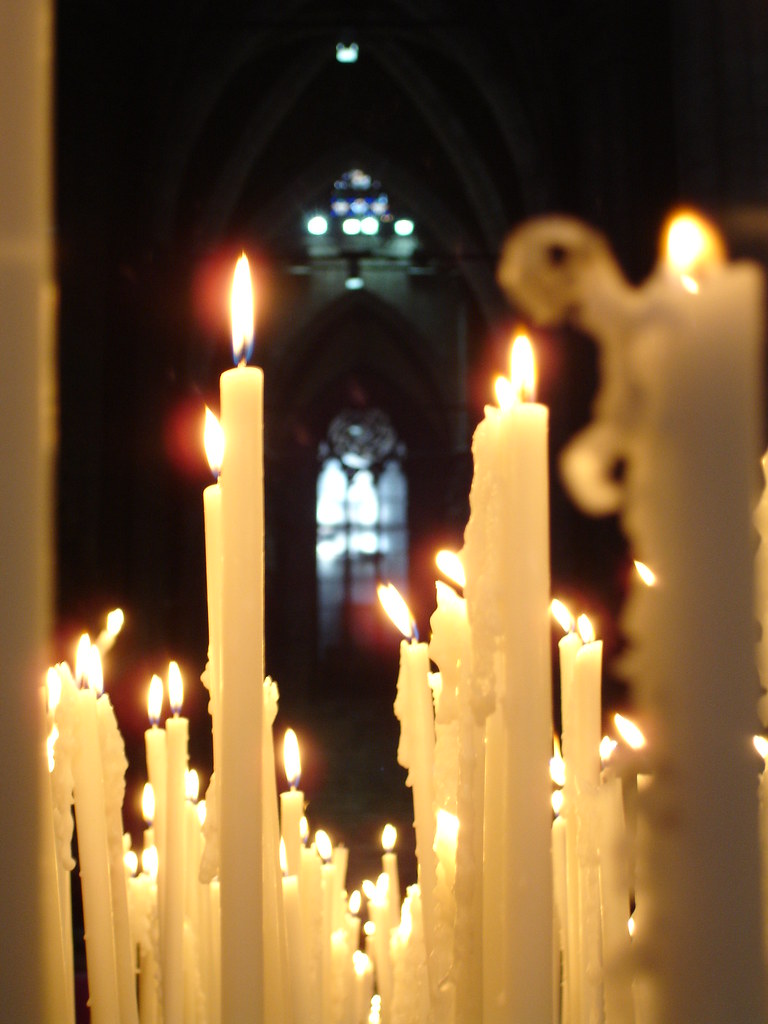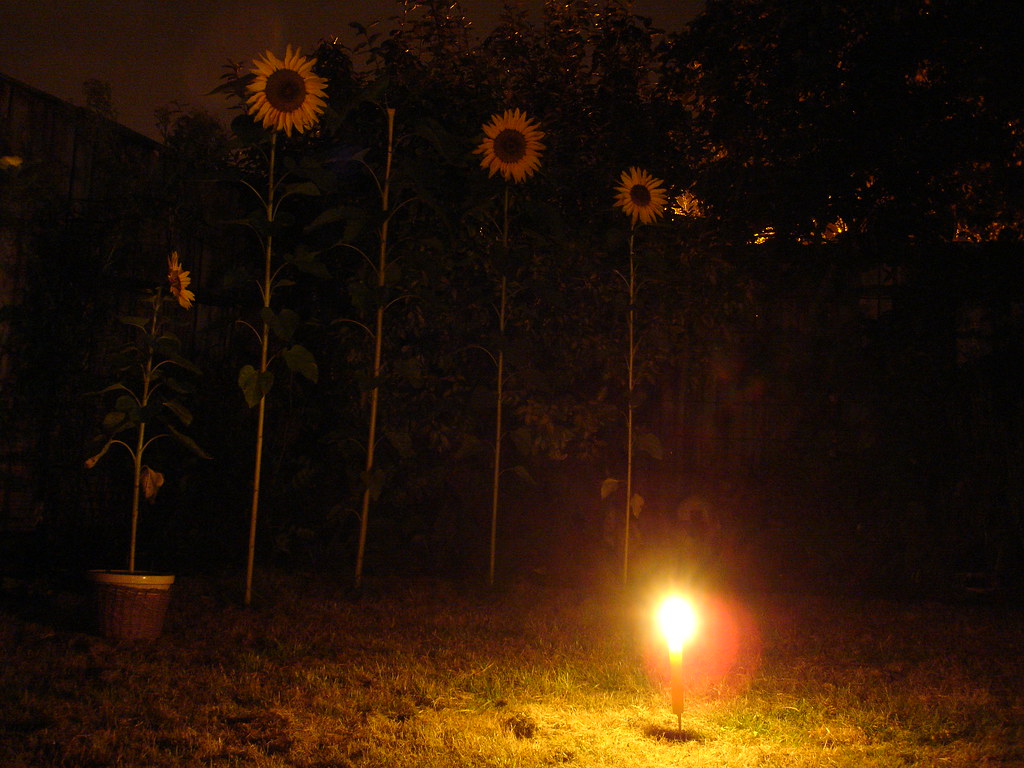I have of late - but wherefore I know not - lost all my mirth, forgone all custom of exercises; and indeed it goes so heavily with my disposition that this goodly frame, the earth, seems to me a sterile promontory, this most excellent canopy, the air, look you, this brave o’erhanging firmament, this majestical roof fretted with golden fire, why, it appears no other thing to me but a foul and pestilent congregation of vapours. What piece of work is a man! How noble in reason, how infinite in faculty, in form and moving how express and admirable, in action how like an angel, in apprehension how like a god - the beauty of the world, the paragon of animals! And yet, to me, what is this quintessence of dust? Man delights not me, no, nor woman neither, though by your smiling you seem to say so.
Hamlet, Act 2, Scene 2
She should have died hereafter;
There would have been a time for such a word.
Tomorrow, and tomorrow, and tomorrow,
Creeps in this petty pace from day to day
To the last syllable of recorded time;
And all our yesterdays have lighted fools
The way to dusty death. Out, out, brief candle!
Life’s but a walking shadow, a poor player
That struts and frets his hour upon the stage,
And then is heard no more; it is a tale
Told by an idiot, full of sound and fury,
Signifying nothing.
Macbeth, Act 5, Scene 5
I've been watching Withnail & I. I don't know what to make of it, though I think that's a traditional reaction to that film. I spent most of the film feeling sorry for Monty, and for Marwood ('...& I'), though obviously it's Withnail you watch. It doesn't tell you enough. There's more story. One shouldn't feel sorry for any of the characters - one shouldn't like them, because one can see that there is a lot of less likeable stuff in them that is barely shown. You know that Marwood is junkie enough for paranoia, you know that Monty is predatory - you know that Withnail could be respected as talented man and certainly one with character and courage. In some ways he would have been redeemed had they chosen to finish the film the way I think the book does, with his suicide. His decision to die would have validated him and credited him with some integrity. The film is like a Beckett play, but with more context than one ever gets from those. Absurdist.
The Hamlet quotation, above, ends the film. I have always remembered the image as 'stellar promontory' rather than 'sterile'. I think the former concept would probably be an impossible one for Shakespeare to come up with - his was still a period that believed in the spheres of the heavens rather than understanding the universe as orbs floating in a void as we do now. For him, the most desolate place imaginable was a spur of headland flung far out into the sea, weather-swept and on which nothing was able to survive. To me, from the vantage point of a new millennium, it seems more appropriate when looking for true sterility to conjure up a rock in space, totally dead, totally barren, totally cold, projected into nowhere, anchorless, helpless, dust among the stars. The feeling is the same, but as the world has become a smaller place since the C17th, so the universe has got larger and our place in it has become infinitely less significant; after all we no longer believe, for the most part, that the world was created by a beneficent entity purely for us. Shifting from the terrestrial to the universal seems appropriate, with that shift in context. Anywhere on earth is not remote, not really. Anywhere in space - is. I sort of hope that Shakespeare wouldn't mind too much my mis-rememberance of his line, because from my moment of history my image can go some way towards re-investing his with the power that 400 years has leached from it.
The Macbeth quotation is mostly there because it is probably my favourite piece of Shakespeare to say aloud. It follows almost naturally from the Hamlet speech, though the art in it is greater as might be expected from the one in metre and the other in prose. Both deal with isolation and desolation and the insignificance of man in the face of time and situation. Macbeth is over-dramatic (and over-quoted and almost hackneyed, now) but the image of 'all our yesterdays have lighted fools/ The way to dusty death' is speaking - each of us guides each other, a day at a time, towards each individual's death. Shakespeare expresses both the futility and the camaraderie of the human experience in the space of ten words. We are reminded how hopeless our lives are, but also that we are all in it together and we have little but one another. It's arguably an odd sentiment from the character of Macbeth, but ultimate poetry.









i'm glad to see the point abut 'stellar' being brought up ...which i felt all along. Thank you
ReplyDelete